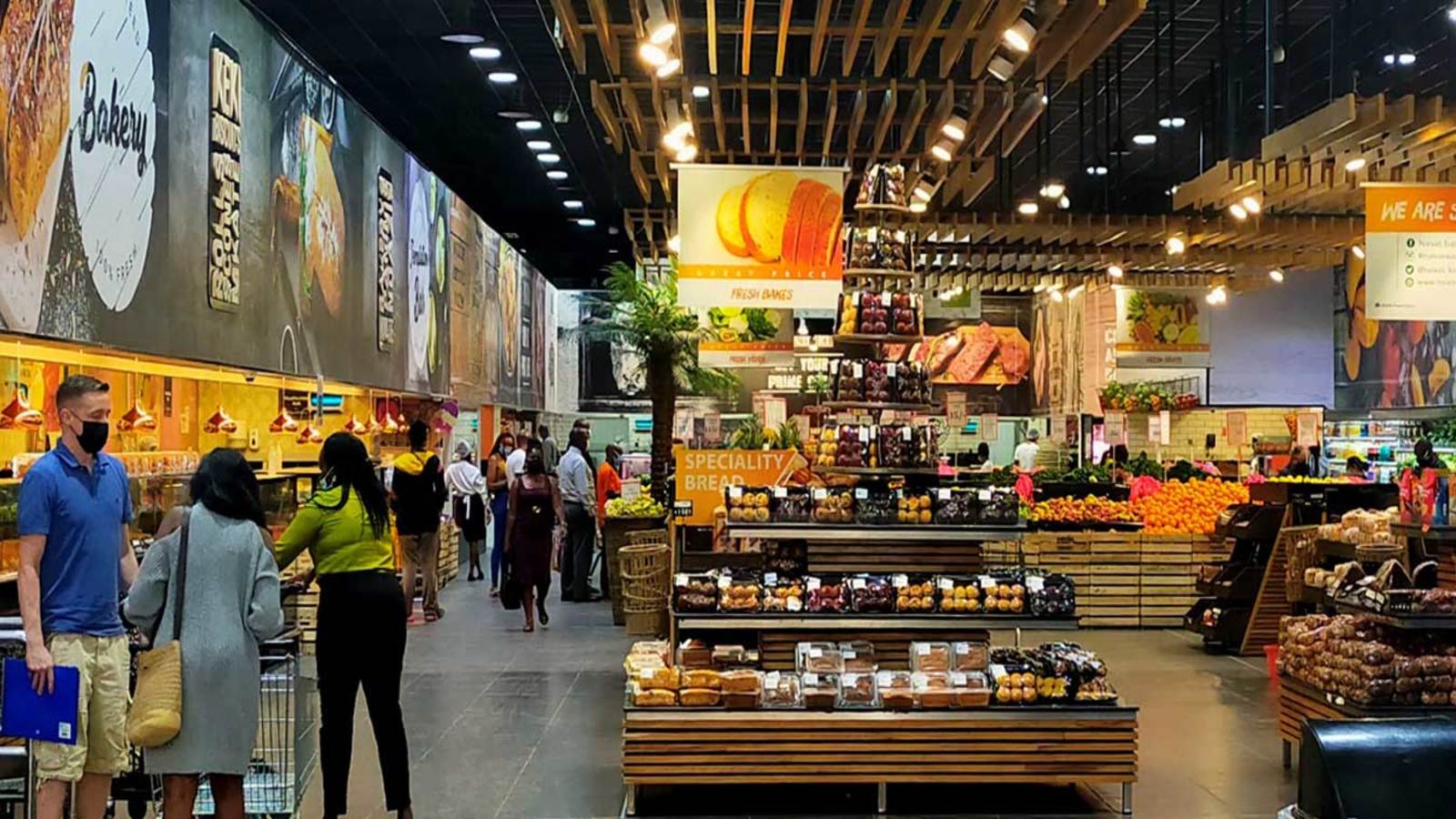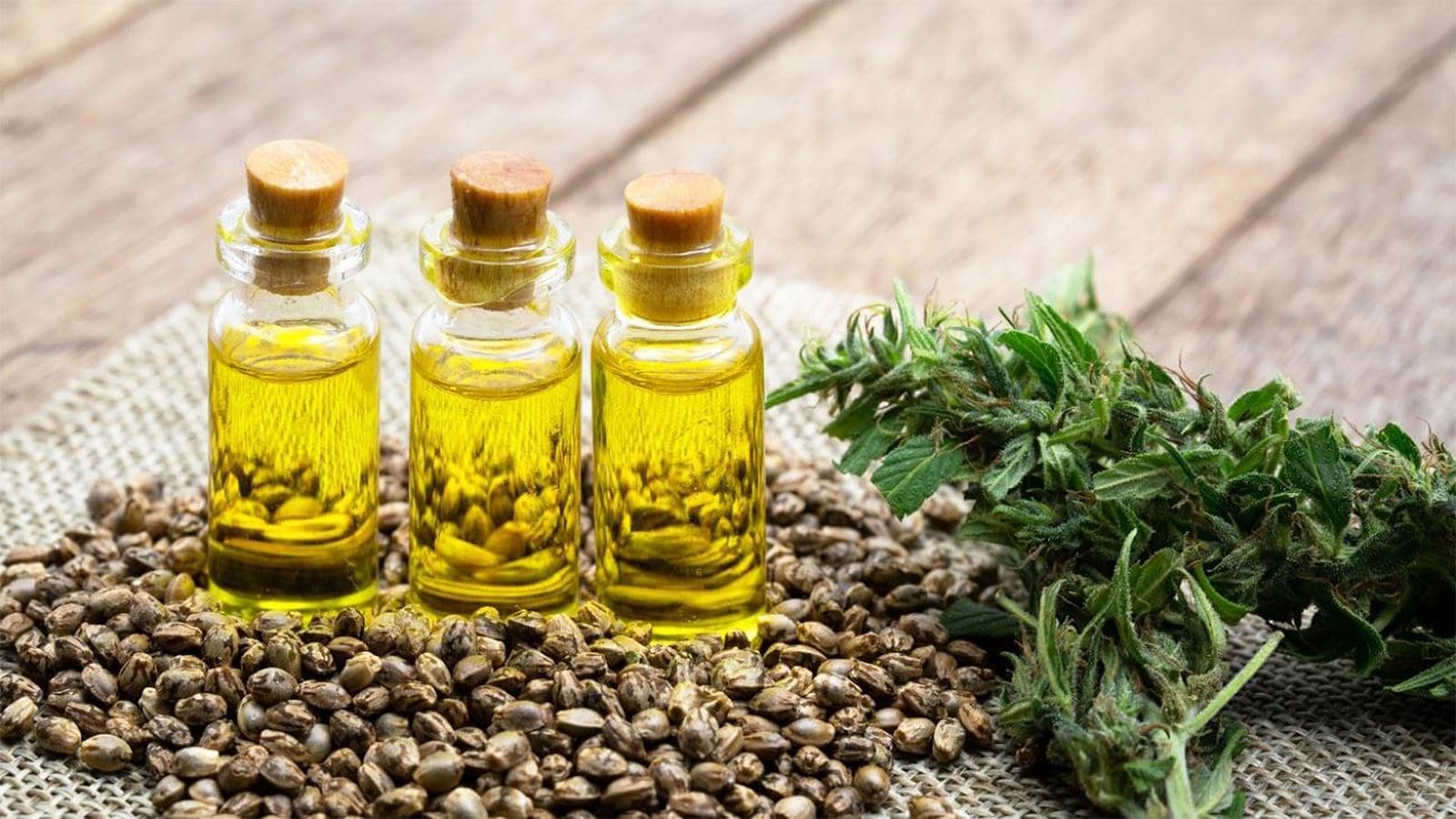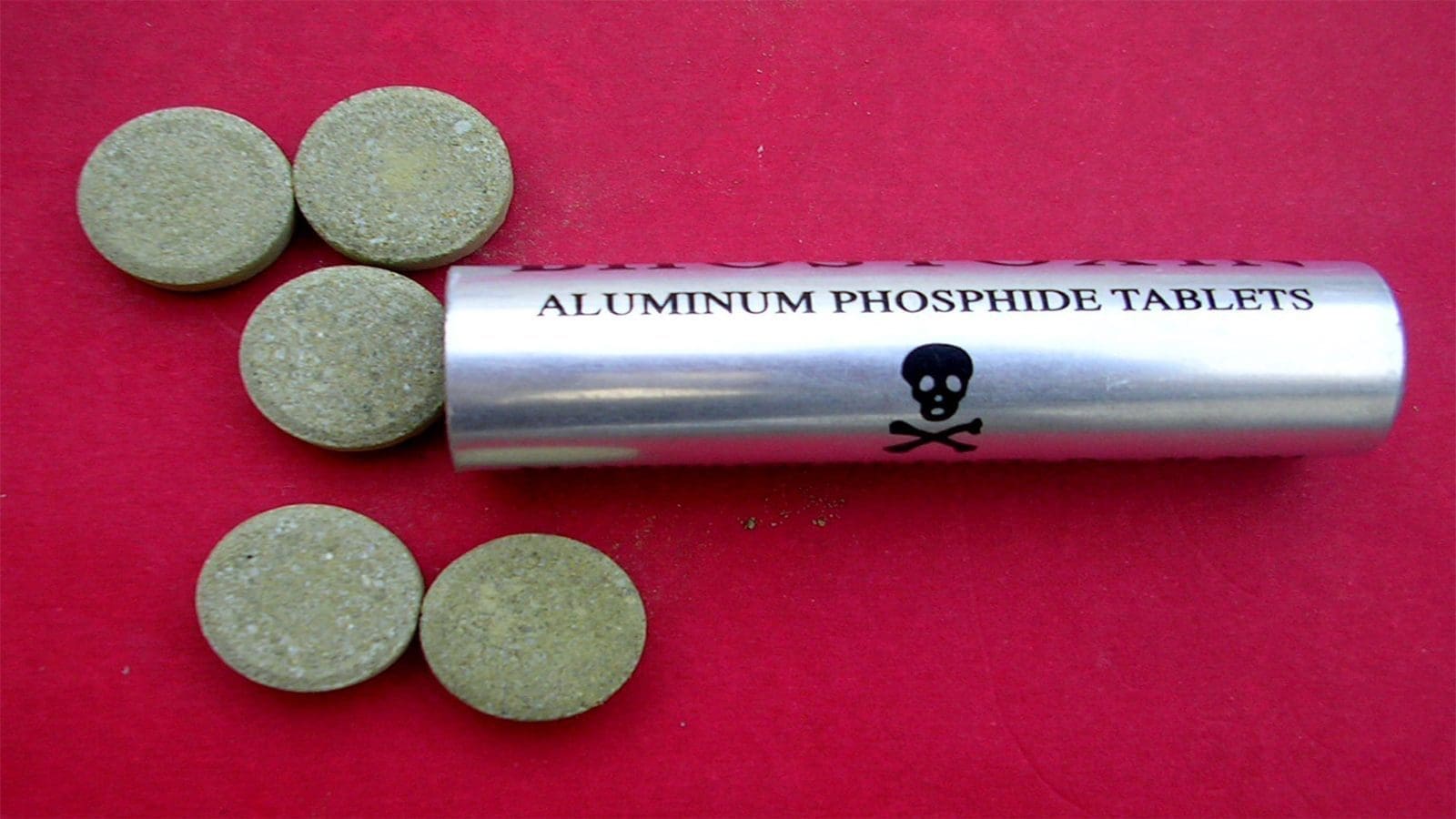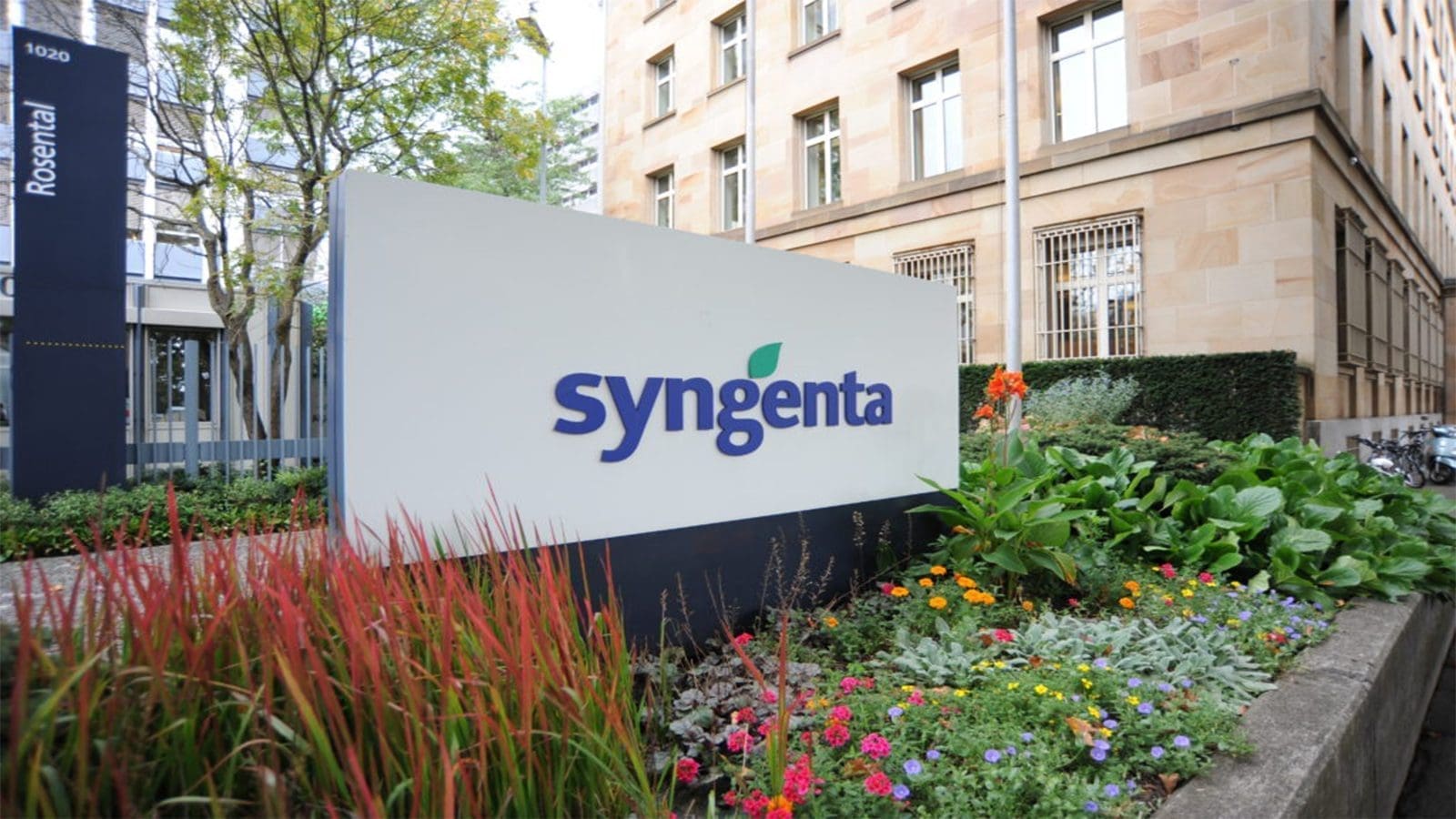KENYA – In light of the Red alert expose done by a local media company in Kenya in July 2019, more stringent measures on food safety have been employed by various supermarkets.
The expose brought to the limelight how some Kenyan supermarkets apply harmful chemicals to keep the red meat color giving it a fresh look.
To this end, according to a report by International Finance Corporation (IFC), Naivas supermarket, Kenya’s leading and fastest growing local retailer, is one of the outlets that is adopting international food safety standards.
In order to grow its food safety systems, Naivas has partnered with IFC, one of its main investors, to build a food safety management team and its internal capacity to audit and police its food safety practices.
This is in quest to the attainment of the ISO 22000 certification, which is an international standard developed by the International Organization of Standards. (ISO).
“Farmers, food processing companies, grocery stores-they are all starting to take food safety much more seriously, and that’s a good thing for the health and wellbeing of Africans.”
Sarah Ockman – IFCs Lead for manufacturing, Agribusiness, and Service Advisory
To spearhead the initiative, the retailer has recently created an environmental health and food safety department which is headed by one Beatrice Njoki.
The department has been rolling out hygiene rules and conducting supplier audits in a bid to implement the international food safety standards.
“The reason why we came onboard is mainly to protect the brand and win customer confidence,” said Njoki. “Consumers need the assurance that whatever they are getting from our stores is safe to use.”
Due to a more informed consumer market, Naivas aims to develop a quality assurance system that begins from farm to table for easier traceability.
In Africa, the number of people affected by food borne illnesses on a yearly basis comes to around 91 million which in turn results in an economic slump of about US$110.
Hence the steps taken towards food safety improvement could see quite an advancement in the quality of products availed in the market.
Sarah Ockman, IFCs Lead for manufacturing, Agribusiness, and Service Advisory is of the opinion that many retailers view stricter standards as an avenue for sales growth.
She also says that risk conscious investors who worry about the financial fallout of a food poisoning scandal are behind other retailer’s upscaling their food safety measures.
“We are witnessing what I think is the beginning of a sea of change,” says Ockman. “Farmers, food processing companies, grocery stores-they are all starting to take food safety much more seriously, and that’s a good thing for the health and wellbeing of Africans.”
Steps to improvement
Just like other African countries, Kenya has not been immune to food safety threats. Some of the threats it faces has been from fresh meat laded with toxic chemicals, maize flour and peanut butter containing aflatoxin, and contaminated vegetables grown along sewer lines.
Other than Naivas, other businesses that have taken a step to partner with international institutions like IFC to improve their food safety standards include Twiga foods.
The Kenyan-based technology food distribution platform has since 2019 trained more than 100 staff and farmers on food safety management and assisted 18 farms in the country attain the GLOBALG.A. P (Good Agricultural Practices) certification standard which will ensure 100% product traceability and quality assurance.
Azalai hotel Abidjan in Cote d’lvoire worked with IFC in 2018 to grow its food quality and hotel cleanliness to internationally certified standards.
Laham Industrie, a meat processing company in Mali that got an international certification for its meat products and can now bid to supply meat to United Nations agencies.








